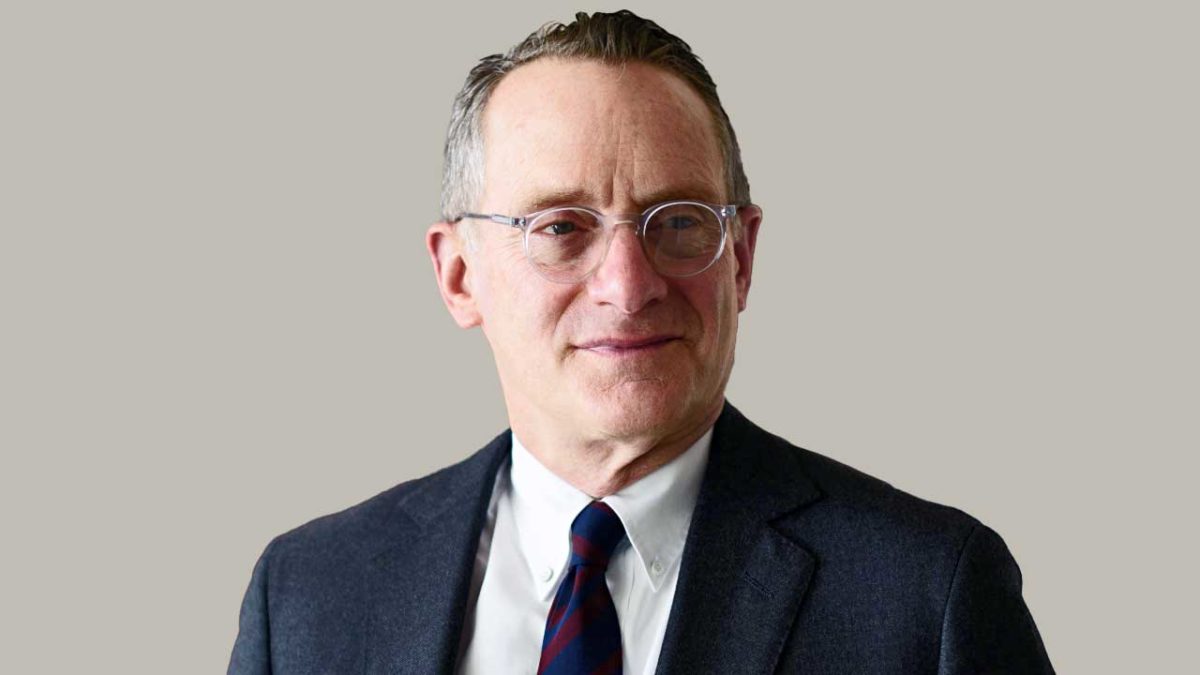Howard Marks on value/growth: forget the terms
Howard Marks, one of the investment world’s more celebrated investors, has added his voice to other celebrated investors in decrying continued use of the terms ‘value’ and ‘growth’.
The co-founder and co-chair of Oaktree Capital Management, Los Angeles-based, predominantly fixed income and credit strategies, firm addressed the opening session of the CFA Societies Australia conference, ‘From Purpose to Action’, last week (October 13-14).
He said the terms did not serve the funds management industry well in the rapidly changing world of recent times. The information advantage enjoyed by value investors decades ago had been depleted with the advent of computers and the internet, he said. If something carried a low valuation, there was probably a good reason for that.
In contrast, expensive growth stocks had been outperforming for many years and were more dominant in the indices and in investor sentiment. The technology giants of today were so powerful that they might be “impregnable” in terms of their market positions, he said.
“It’s never been more possible for companies to develop new avenues of growth and extend their runways. The moats protecting today’s winners have never been stronger, or so it seems. When you look at the FAANGs, I think one of the most important things you’re seeing there – with Facebook, Amazon, Netflix, Google, and Apple – is that they look impregnable.”
Like the ‘Nifty 50′ stocks of the second half of the 1960s, which dominated the S&P 500 of the time, half or more of the big tech stocks might be gone and replaced in 20-or-so years’ time.
“But, right now, they do look like they have very strong moats. And, as a consequence, the winners have often gotten more powerful and more effective as they got bigger,” he said.
The ongoing strength of tech companies could not be assured. “The fans of tech stocks say that things are different… and, of course, they said that in 1999,” he said. “They said: ‘the internet will change the world’. And consequently, there’s no price too high for an internet stock. Well, guess what? The internet did change the world, but most of those stocks lost 100 per cent of their value,” Marks said.
From an historical perspective, value investing dates back to Benjamin Graham in the 1930s but was probably better popularised by one of his Columbia University students later in his career as an economist and fund manager – Warren Buffet.
Marks said that Graham’s analogy was to do with collecting cigar butts on the pavement, which were free and yet some of them still held some value to desperate smokers.
He said that the term ‘value’ did not appear until the boom of the 1960s and rise of the ‘Nifty 50’ US large caps, which gave the value investors something to distinguish themselves from. Marks questioned whether Graham, who died in 1976, would still be investing today as he was from the 1930s through to the 1960s.
For instance, both Graham and Buffet had considerable success investing in a growth company, GEICO, which is a US insurer launched in the 1930s specialising in automobile insurance, Marks said.
Buffet said as early as 1992, in a letter to Berkshire Hathaway shareholders: “We think the term value investing is redundant.” More recently, in May 2019, Buffett said: “There is no such thing in our mind as value or growth investing.”
In a nutshell, Marks said, some companies trading on very high P:E ratios might still represent good value and, conversely, companies on low P:Es might not. It was more important to have an information edge on the market than to trust valuations.
Marks, 75, has been a long-time champion of the cause for CFAs, having gained his certificate in 1972. “And look where it’s got me,” he said at the conference session.
That has been documented by Forbes, at least in monetary terms, which estimated this month (October) Marks to have a net worth of US$2.2 billion, including about 8 per cent of the remaining stock in Oaktree.
He founded the firm in 1995 with his friend Bruce Harsh, Oaktree’s CIO and co-chair, after the two had worked together at TCW Group. Marks was head of domestic fixed income and Harsh was portfolio manager for the credit funds. The two launched what was possibly the world’s first distressed debt fund.
In 2019 Brookfield Asset Management, which has a similar long-term value-orientated approach to investing, paid US$4.9 billion in cash and shares for 61 per cent of Oaktree. Oaktree had US$156 billion under management as at June this year.











